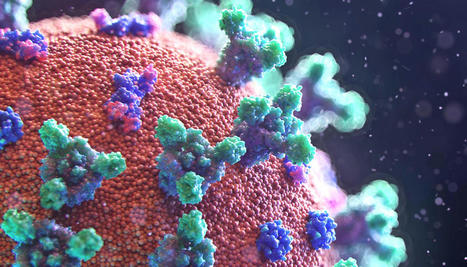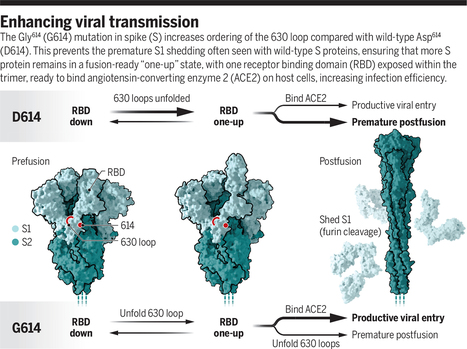A team of researchers analyzed the genomes of more than 2,500 modern humans from 26 worldwide populations, to better understand how humans have adapted to historical coronavirus outbreaks.
The team used computational methods to uncover genetic traces of adaptation to coronaviruses, the family of viruses responsible for three major outbreaks in the last 20 years, including the ongoing COVID-19 pandemic.
Traces of the outbreak are evident in the genetic makeup of people from that area, they’ve found.
A coronavirus epidemic broke out in the East Asia region more than 20,000 years ago, as per their findings.
The discovery of a coronavirus outbreak from 20,000 years ago is "like finding fossilized dinosaur footprints instead of finding fossilized bones directly.
The work shows that over the course of the epidemic, selection favored certain variants of human genes involved in the virus-cell interactions that could have led to a less severe disease. Studying the “tracks” left by ancient viruses can help researchers better understand how the genomes of different human populations adapted to viruses that have emerged as important drivers of human evolution.
The study’s authors say their research could help identify viruses that have caused epidemics in the distant past and may do so in the future. Studies like theirs help researchers compile a list of potentially dangerous viruses and then develop diagnostics, vaccines, and drugs for the event of their return.
read the paper at https://www.cell.com/current-biology/fulltext/S0960-9822(21)00794-6
more at https://www.futurity.org/coronavirus-epidemic-viruses-2597742/



 Your new post is loading...
Your new post is loading...









The promise of evolutionary genetic analyses as a new tool in fighting the outbreaks of the future